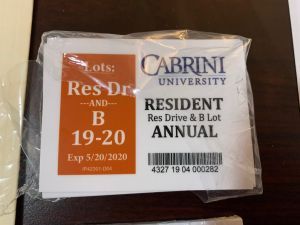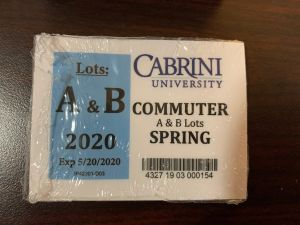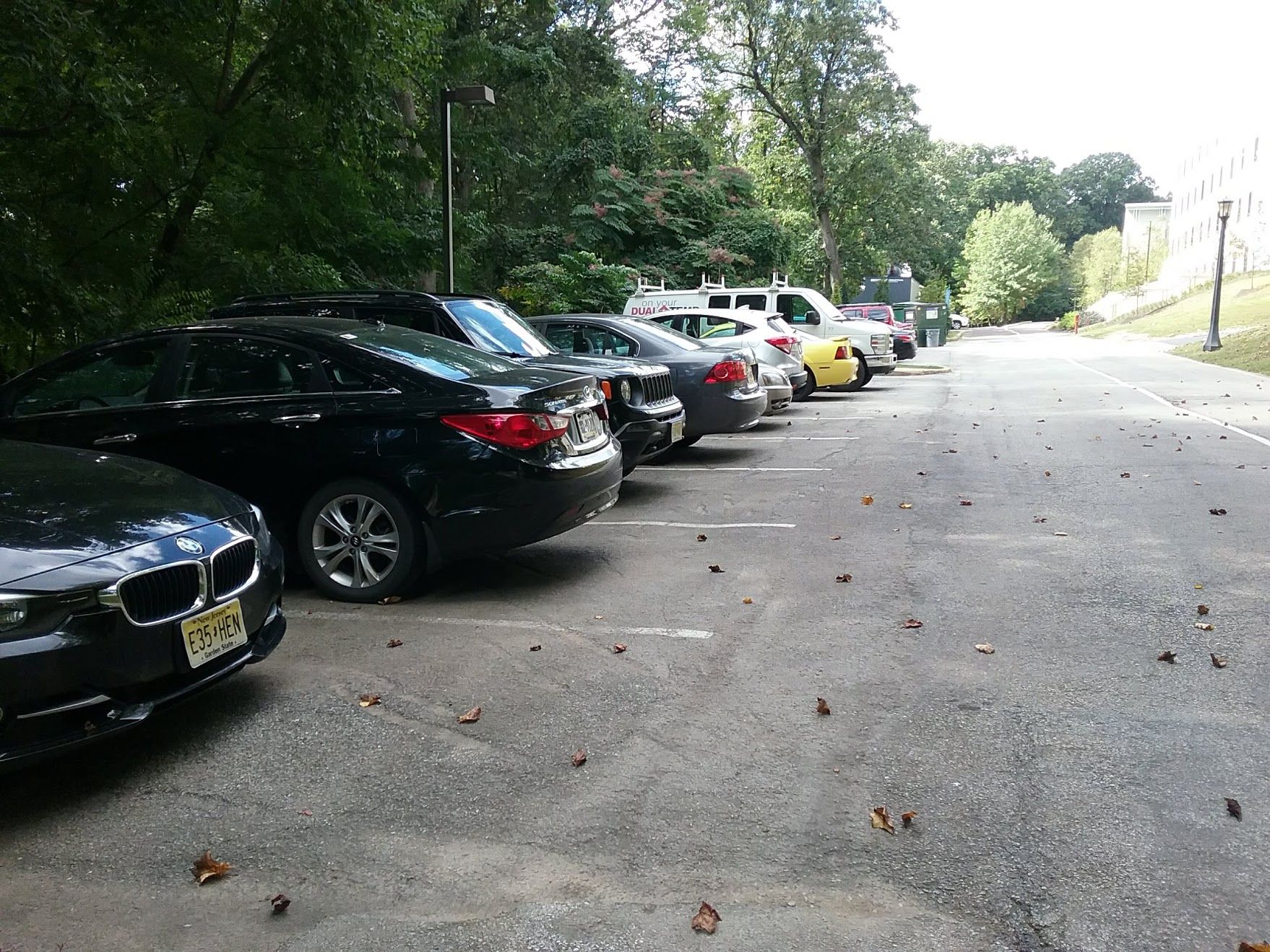Editor’s Note: For privacy purposes, students’ names have been changed for protection.
Many students, both residents and commuters, have voiced their thoughts and opinions about the parking permits having specified areas that the students can park.
Jade, a resident student, admitted that she parks in other areas on campus despite her parking permit specifying that she can only park along Residential Boulevard and Dixon Center lot, also known as Lot B. Jade mentioned that she has gotten in trouble for parking in these other areas.
“I’ve been [parking in other lots] since I got here and I just got a ticket yesterday,” Jade said.

Jade continued to say how it isn’t clear on the university’s website where students are or are not allowed to park.
“Their website isn’t really clear on the Founder’s lot part,” Jade said. “If you go on parking [section], it says it reserved for faculty, students and staff. But it doesn’t specify anything really. It just says ‘students.’ That’s why I park there.”
Jade feels that it’s “stupid and frustrating” to only be able to park in certain lots on campus because the campus itself is so small. In her opinion, if it’s too cold outside, Jade would like to be able to park in any lot in order to avoid a long walk in the cold weather to her classes.
Jade isn’t the only student to feel this way. Commuter students have the same thoughts as Jade when it comes to the restrictions on parking. Keira, a commuter student, has admitted that many students on campus park in lots that they aren’t supposed to park.
“So basically, this is what most commuters do. [The parking permits] tell you where to park, but sometimes where it tells you to park is inconvenient to where your classes are going to be for the day,” Keira said.
Keira goes on to say that she is one of the many commuter students who park in lots that weren’t assigned to her. Keira says that it made no sense to her to have to park by Iadorola if all her classes were going to be in Founder’s Hall or the library that day, especially if students are running late. Keira is also annoyed to be restricted to only being able to park in specific lots.

“That’s assuming that somebody is going to have the same class in the same building all day, which is not true,” Keira said. “Sometimes there are too many people in some parking places more than other places.”
Keira continues to say how there should be a little more flexibility when it comes to parking on campus. She understands that the university wants students to pay for parking permits, but telling students where to specifically park on campus is too much.
Joseph Fusco, Director of Public Safety, says that parking permits typically specify two parking locations in case one fills up. For example, if a resident student wanted to park along Residential Boulevard but it was full, then they would park in the Dixon Center lot as a backup option.
Despite the fact that Public Safety checks for parking permits about three to four times a week, they are aware that students sometimes get away with parking without permits or parking in the wrong lots. According to Fusco, specifying locations on the parking permits helps Public Safety keep better track of which cars are allowed to be on campus or not.
In an interview with the Director of Public Safety, Fusco broke down the progression of consequences for students who continue to not abide by the rules about parking on campus.
“[Students] will have a car on campus that is not registered. Well, they’ll have three tickets,” Fusco said. “By their fourth ticket, they’ll get a boot. On their fifth ticket, they’ll lose privileges to park on campus and that’s when they can be towed.”
Fusco continues to say that students’ cars are not towed on a frequent basis, but some students simply refuse to buy a parking permit. Fusco also mentions that those ticket fees don’t simply go away and students will eventually have to pay for them.
The process to get a parking permit is very simple. A student just goes onto the university website onto the public safety page and click on “vehicle registration.” From there, students would click on a link that leads them to the permit store website and purchase a parking permit from there. Annual parking permits cost $95 and semester parking permits cost $55.
Fusco would like to encourage students to buy a parking permit for their vehicles.
“Without [a permit], you’re going to get tickets,” Fusco said. “And let’s be honest, even if it was a full price [permit] — you have to pay the $95 for the permit in the beginning of the year — each ticket is $30 and each ticket has the ability to gain an additional $20 dollars if you don’t pay it…So in the time it takes for you to get two tickets, you could’ve bought a permit for the whole year.”
Each year students have to pay for a new parking permit or on a semester basis. For more information, visit cabrini.edu/publicsafety.



